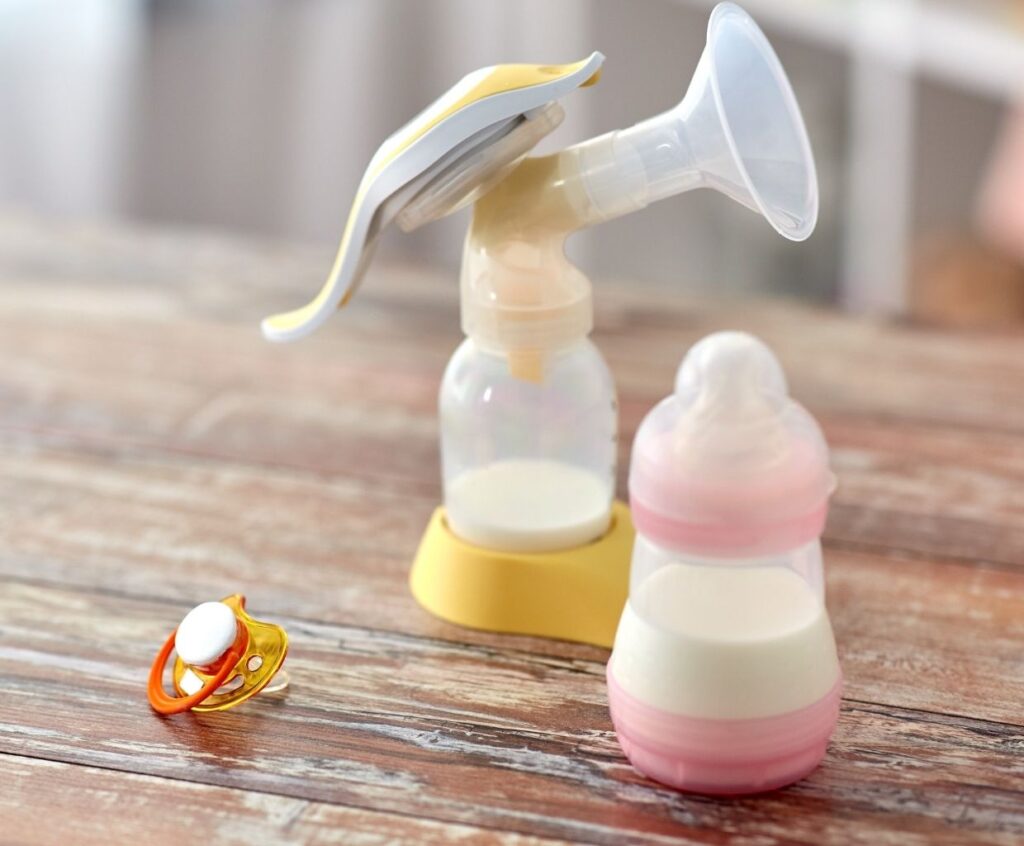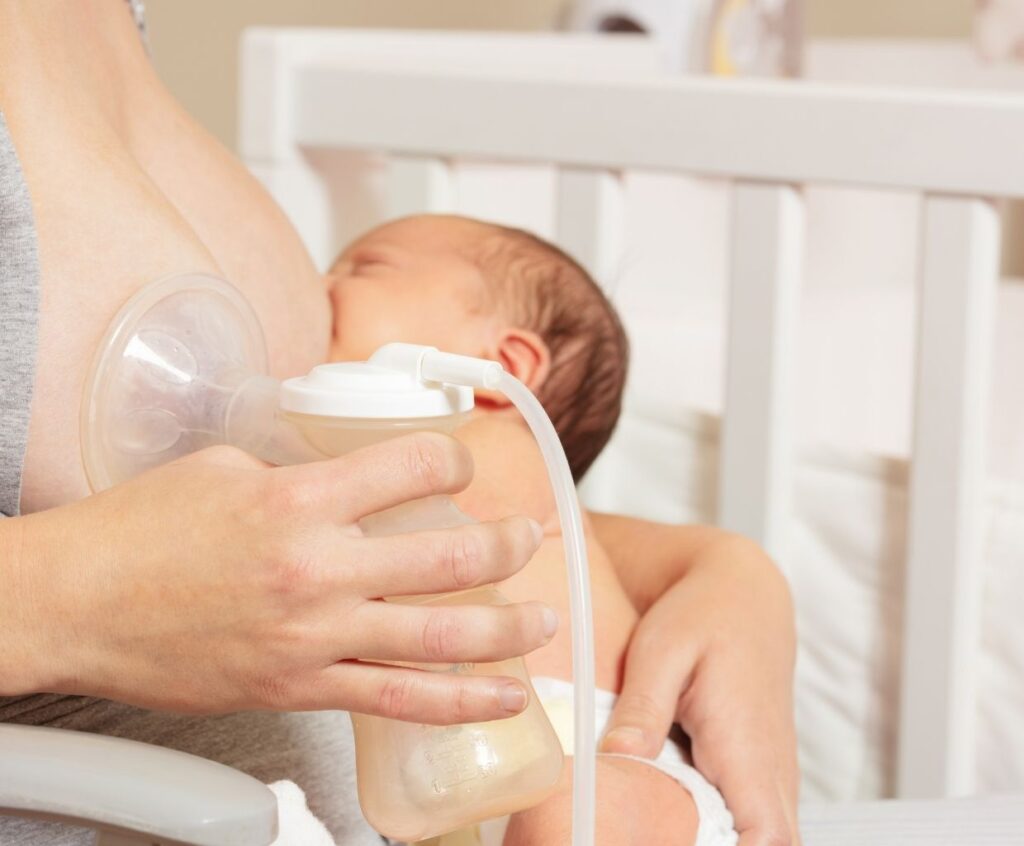Exploring Breast Milk Sales: Considerations, Guidelines, and Information
Welcome to the world of breast milk sales! While it may seem like a peculiar concept to some, the buying and selling of breast milk has become a burgeoning industry.
This article sheds light on the various considerations, guidelines, and information surrounding this practice.

Why Sell Breast Milk?
There are several reasons why women choose to sell their breast milk. Some do it to supplement their income or help cover the costs associated with breastfeeding. Others have an abundant supply and wish to share the benefits of breast milk with those in need, such as parents who cannot produce enough milk for their infants.
Considerations for Buyers
For those interested in purchasing breast milk, it is crucial to consider a few key factors. Firstly, ensure that the seller follows proper health and safety guidelines. The milk should be pasteurized and stored in a sterile environment to minimize the risk of contamination. Additionally, verifying the seller’s health history is essential to avoid any potential transmission of diseases.
Another crucial consideration is the legality of purchasing breast milk in your jurisdiction. While it is legal in many countries, certain regions have specific regulations regarding the sale and distribution of breast milk. Familiarize yourself with the laws in your area to avoid any legal complications.
Guidelines for Sellers
If you are considering selling breast milk, you must know the guidelines and best practices. Firstly, ensure that you are in good health and have received clearance from your healthcare provider.
Your milk should be stored in sterilized containers and labeled with the expression date. It is also recommended to use a reputable milk bank or online platform to facilitate the sale, as they often provide support and ensure the safety of both parties involved.
Information for Both Buyers and Sellers
Whether you are buying or selling breast milk, being informed about the nutritional benefits and possible risks associated with this practice is crucial. Breast milk is rich in essential nutrients and antibodies, providing numerous infant health benefits. However, improper handling or storage can lead to bacterial growth and contamination, posing potential risks to the baby’s health.
Furthermore, it is essential to establish trust between the buyer and seller. Open communication regarding health, lifestyle, and dietary factors can help ensure the quality and safety of the breast milk being exchanged.
While the buying and selling of breast milk may not be for everyone, it is a practice that continues to gain popularity. By understanding the considerations, guidelines, and information associated with breast milk sales, individuals can make informed decisions and contribute to the well-being of infants in need.
How does the regulation of breast milk sales differ across different countries or regions?
Regulation of breast milk sales varies significantly across different countries or regions. While some areas have strict regulations in place, others have no specific regulations at all. Here are some differences and potential challenges associated with navigating these regulations:
1. Legal Status: In some countries, selling breast milk is entirely legal and regulated, with specific guidelines and requirements set by the government. However, in other regions, there may be no clear legal framework governing the sale of breast milk, creating ambiguity for sellers and buyers.
2. Licensing and Certification: Countries with regulations often require sellers to obtain licenses or certifications to ensure the safety and quality of the breast milk. These certifications may involve health screenings, tests for infectious diseases, or adherence to specific handling and storage practices. Navigating the process of obtaining these certifications can be challenging, especially if the guidelines are complex.
3. Medical Oversight: Some countries require breast milk sales to be overseen by medical professionals, such as doctors or nurses. This ensures proper screening and monitoring of donors and recipients. However, this requirement can limit the accessibility of breast milk for those in need, as it may increase the cost and restrict the availability of milk.
4. Donor Compensation: The regulation of donor compensation varies widely. Some countries allow donors to receive financial compensation for breast milk, while others prohibit payment. Determining appropriate compensation, if allowed, can be a challenge, as it should balance the donor’s effort and costs with the affordability for buyers.
5. Safety and Quality Standards: Regulations often focus on maintaining safety and quality standards to protect the health of breast milk infants. These standards may include testing for pathogens, proper storage and transportation practices, and labeling requirements. Meeting these standards can be challenging for sellers, especially if they lack access to appropriate testing facilities or struggle to afford the necessary equipment.
6. Ethical Considerations: The regulation of breast milk sales also needs to address ethical concerns, such as ensuring informed consent from donors and protecting the welfare of infants. Balancing these ethical considerations with the need to facilitate access to breast milk can be a complex task for regulators.
7. Cross-Border Trade: When regulations differ across countries or regions, cross-border breast milk trade can present additional challenges. Sellers and buyers may need to navigate different legal requirements, certifications, and import/export restrictions, making it more challenging to ensure compliance and safety.
Overall, navigating breast milk sales regulations can be challenging due to the wide variation in laws, licensing requirements, safety standards, and ethical considerations. Sellers and buyers must stay informed about the specific regulations in their respective countries or regions and adapt their practices accordingly to ensure compliance and prioritize the health and well-being of infants.

